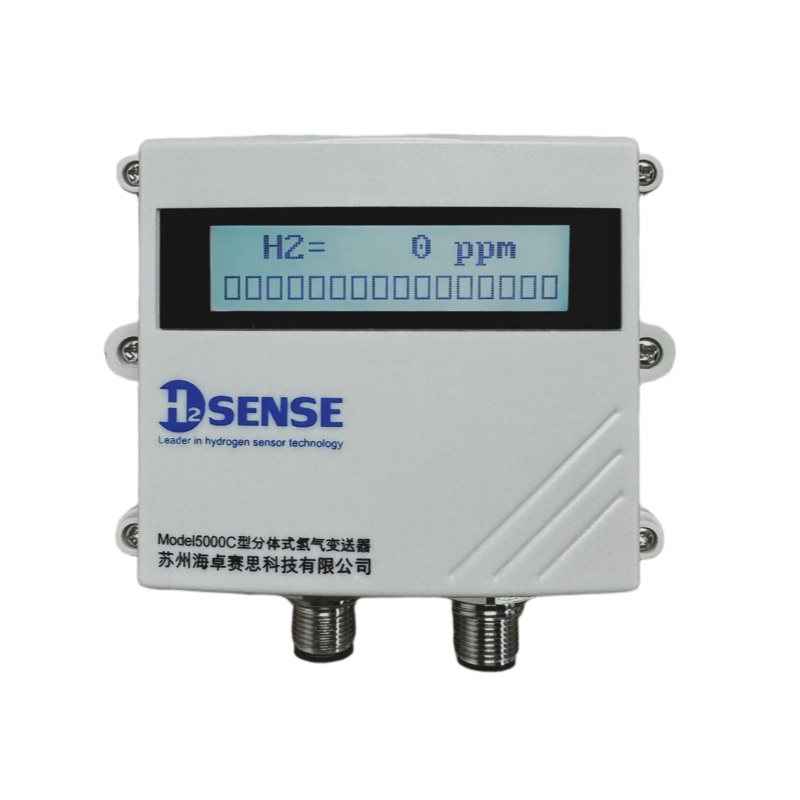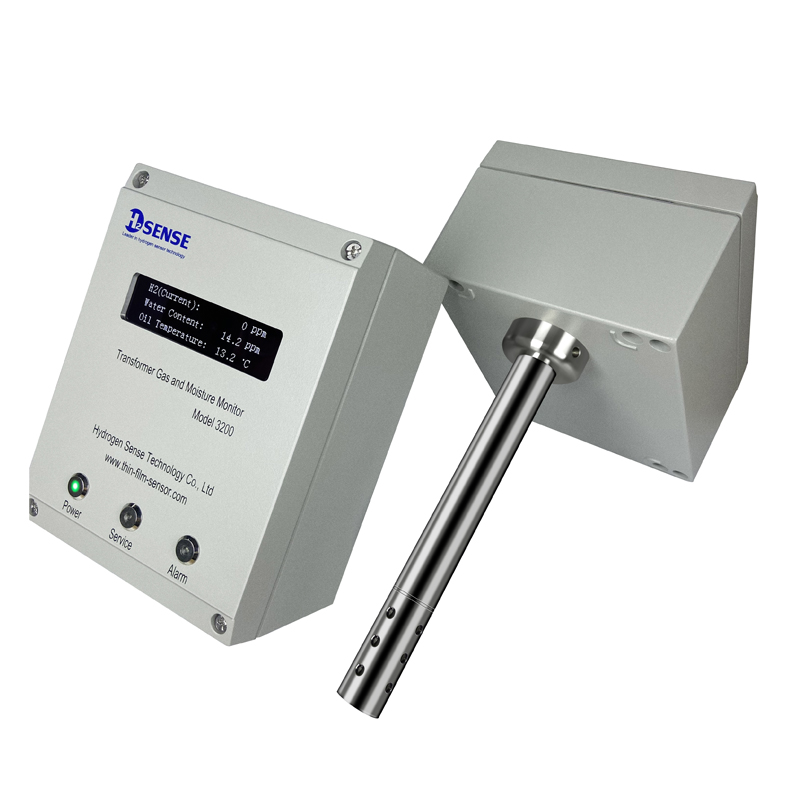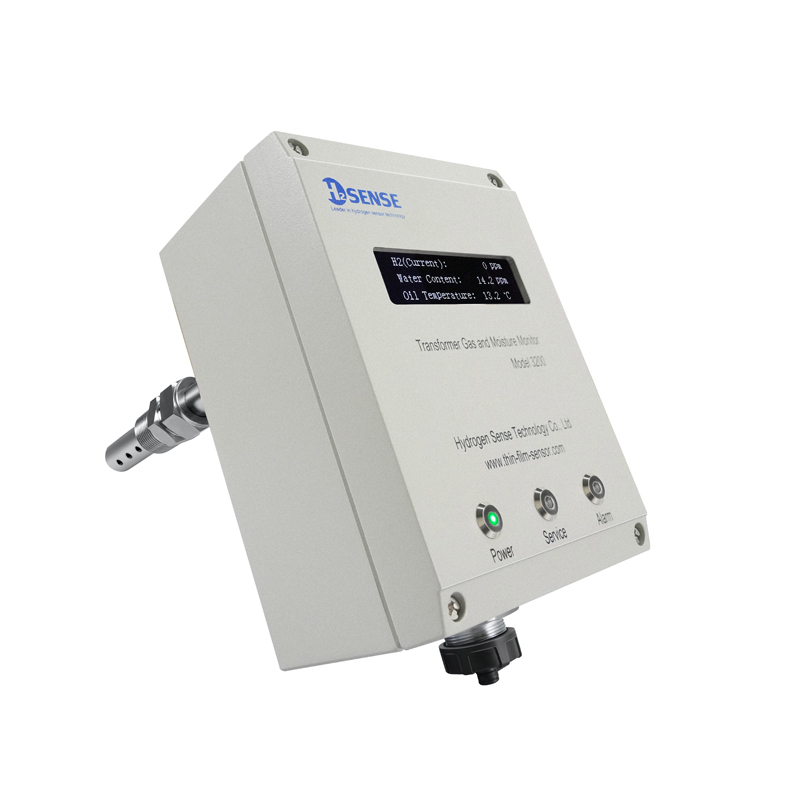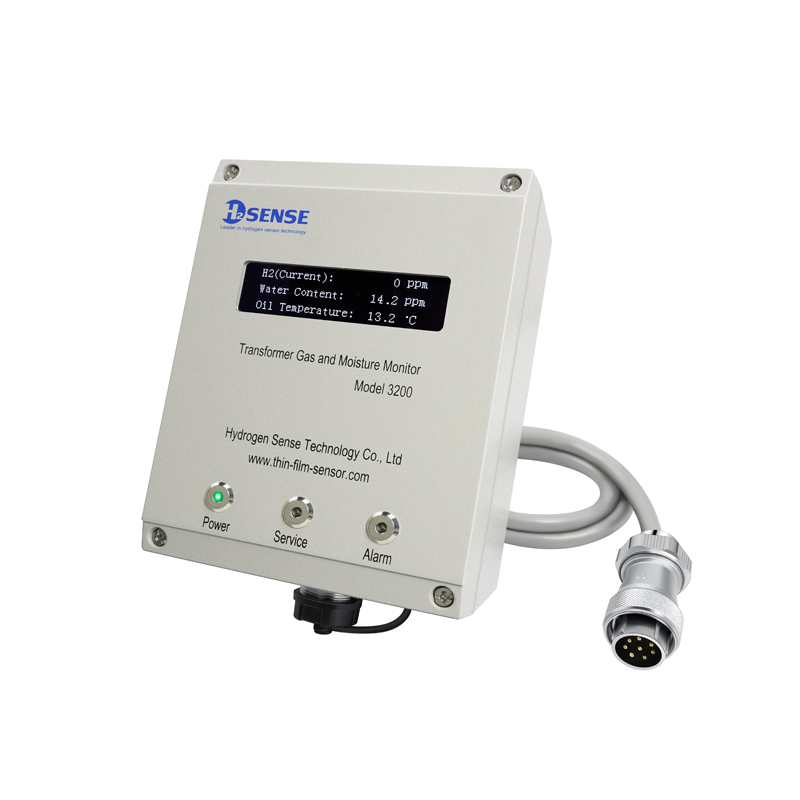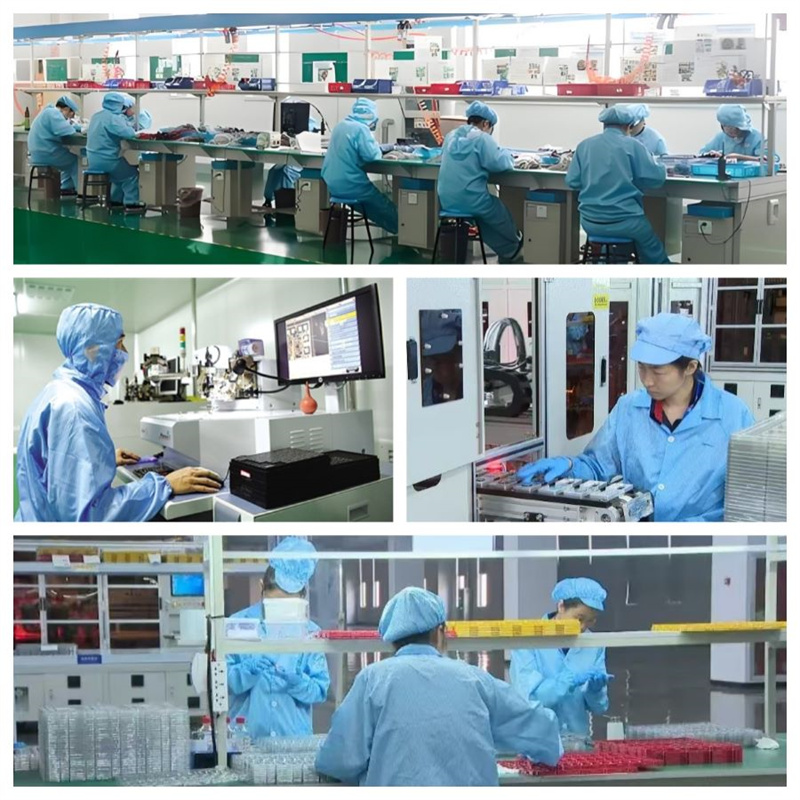Summarize
A fixed hydrogen gas detector plays a critical role in ensuring safety and maintaining operational integrity in environments where hydrogen is present. Hydrogen gas, being highly flammable, poses a significant risk if it accumulates in the air undetected. This is where the fixed hydrogen gas detector comes into play, offering constant monitoring to detect leaks and prevent hazardous situations. Whether in industrial, research, or chemical settings, a fixed H2S gas detector is indispensable for monitoring both hydrogen and toxic gases. This blog will explore the functionality, importance, and applications of these detectors, shedding light on why they are an essential investment for any facility handling hydrogen or other hazardous gases.
How Does a Fixed Hydrogen Gas Detector Work?
A fixed hydrogen gas detector is designed to continuously monitor a specific area for the presence of hydrogen gas. These detectors are strategically placed in areas where hydrogen gas is likely to be produced or stored, such as in chemical plants, laboratories, and fuel processing plants.
The detector works by utilizing a sensing element that reacts with hydrogen molecules, triggering an alert when gas concentrations exceed a predefined threshold. The sensor technology can vary, with options including electrochemical sensors, catalytic bead sensors, and thermal conductivity sensors, each offering a different level of sensitivity and detection range.
For environments where hydrogen is stored or used in high concentrations, a fixed H2S gas detector is critical to ensure worker safety. This system not only alerts staff to hydrogen leaks but can also be integrated with ventilation systems or safety shutdown procedures to mitigate the risk of fire or explosion.
The Importance of Fixed Hydrogen Gas Detectors in Safety Protocols
Hydrogen, being colorless and odorless, is a gas that cannot be detected by human senses. Without a fixed hydrogen gas detector, any leaks or accumulation of hydrogen gas may go unnoticed, increasing the risk of explosion or fire. By installing a fixed hydrogen gas detector, companies can ensure that they are proactively addressing these potential hazards, reducing the likelihood of accidents and complying with safety regulations.
In industrial applications, fixed h2s gas detector are commonly used to safeguard areas where hydrogen is being used in chemical processes, fuel cells, or during the production of petroleum-based products. These detectors provide real-time monitoring and immediate alerts when gas concentrations rise, allowing for timely interventions.
For instance, in hydrogen fuel cells used for clean energy production, fixed H2S gas detectors are employed to monitor both hydrogen levels and toxic sulfur compounds. Such systems help mitigate exposure to harmful gases and maintain environmental and workplace safety.
Applications of Fixed Hydrogen Gas Detectors
1. Industrial Manufacturing
In industries like chemical production and oil refining, hydrogen is frequently used or produced. A fixed hydrogen gas detector ensures that any hydrogen leaks are detected quickly to prevent accidents or explosions. These detectors are essential in reactors, storage tanks, and pipelines where hydrogen is a core part of the operation.
2. Laboratories and Research Facilities
In laboratories dealing with hydrogen gas, a fixed H2S gas detector plays a vital role in maintaining a safe working environment. Research involving fuel cells, hydrogen-powered vehicles, or any form of hydrogen experimentation requires constant monitoring to detect even small concentrations of gas.
3. Energy and Power Generation
Hydrogen gas is increasingly being used as a clean energy source in fuel cells. Facilities that generate energy from hydrogen must utilize fixed hydrogen gas detectors to ensure that any gas leaks are swiftly identified to avoid disruptions to operations or potential safety risks. In addition to hydrogen, fixed H2S gas detectors are used in power generation to detect hazardous gases that might be present.
4. Oil and Gas Industry
The oil and gas industry produces hydrogen during refining processes and often stores it for future use. The presence of hydrogen in such settings requires reliable detection to avoid leaks that could lead to catastrophic explosions. Fixed hydrogen gas detectors are critical to monitoring both the gas itself and the toxic gases that could be produced alongside it, such as hydrogen sulfide (H2S).
Advantages of Installing Fixed Hydrogen Gas Detectors
1. Continuous Monitoring
A fixed hydrogen gas detector offers continuous, real-time monitoring. Unlike portable detectors, which are only used when needed, these fixed systems ensure that hydrogen levels are constantly tracked and any rise in concentration is immediately detected. This continuous monitoring provides peace of mind and assures workers that any potential hazards will be promptly identified.
2. Increased Safety
Hydrogen gas leaks can lead to explosive situations, making safety the number one priority in any facility dealing with this gas. A fixed H2S gas detector ensures that safety protocols are not only followed but enhanced, reducing the chances of a hazardous incident. These detectors also help in compliance with health and safety regulations, which are crucial for maintaining safe working conditions.
3. Automation and Integration
Many fixed hydrogen gas detectors are equipped with the ability to integrate with other safety systems. For example, if a gas leak is detected, the detector can automatically trigger alarms, activate ventilation systems, or even shut down specific processes to prevent further escalation. This automated approach ensures a swift response, minimizing the potential for damage or injury.
Conclusion
A fixed hydrogen gas detector is crucial for maintaining the safety and integrity of any facility handling or storing hydrogen. These detectors provide continuous monitoring, ensuring quick detection of gas leaks and offering peace of mind. Whether in industrial, research, or energy production environments, these systems help protect facilities from the dangers of hydrogen gas. Additionally, the inclusion of a fixed H2S gas detector enhances safety by detecting toxic hydrogen sulfide gas, ensuring that businesses meet regulatory standards. With both fixed hydrogen gas detectors and fixed H2S gas detectors, companies can safeguard their operations, personnel, and reputation.
Layout Keywords: Invest in a fixed hydrogen gas detector for continuous monitoring and protection against hydrogen leaks. Enhance safety and compliance with reliable detection systems today!










